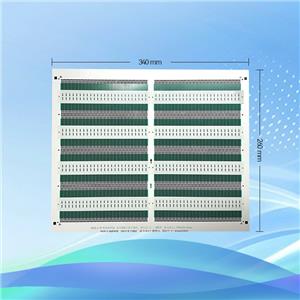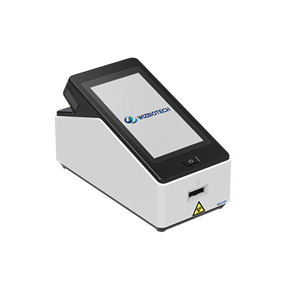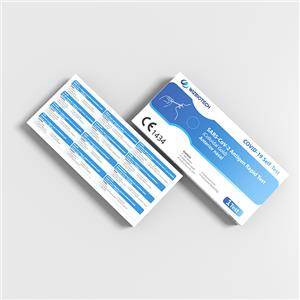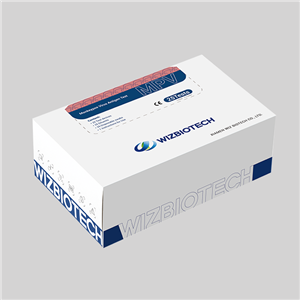Calprotectin-Test im Stuhl: Ein nicht-invasiver Biomarker für die Früherkennung von Reizdarmsyndrom, chronisch-entzündlichen Darmerkrankungen und Darmkrebs
What is Fecal Calprotectin?
The fecal calprotectin test measures the level of calprotectin, a protein found in stool, and serves as a highly sensitive and specific biomarker of intestinal inflammation.
Unlike invasive procedures such as colonoscopy, a stool calprotectin test is simple, cost-effective, and non-invasive. It provides essential information that helps doctors decide whether further diagnostic tests are necessary.
Differentiating Functional VS. Organic GI Disorders
For patients with gastrointestinal symptoms, the key clinical challenge is distinguishing between functional disorders (e.g., irritable bowel syndrome, IBS) and organic diseases (e.g., inflammatory bowel disease, colorectal cancer, intestinal polyps).
Fecal calprotectin has shown 100% sensitivity and 88% specificity in this differentiation.
A normal fecal calprotectin level almost always rules out organic intestinal disease.
Elevated levels suggest intestinal inflammation or structural disease and may warrant further testing such as endoscopy.
This makes the fecal calprotectin test a valuable first-line screening tool in patients with gut-related symptoms.
Fecal Calprotectin in IBS VS IBD
One of the most important uses of the FC test is distinguishing IBS from IBD, with overall sensitivity 85.8% and overall specificity 91.7%. By using a stool test for gut inflammation in primary care, up to 90% of IBS patients can avoid unnecessary colonoscopy or other invasive procedures.
Monitoring IBD Activity
For patients with Crohn’s disease or ulcerative colitis, measuring calprotectin levels in stool is an effective way to track disease progression and treatment outcomes.
In IBD management, calprotectin helps to assess disease activity and remission, predict relapse risk and indicate mucosal healing, which is now a key treatment target.
Guideline highlights:
FC <150 µg/g → Indicates remission.
FC ssshhh150 µg/g → Suggests active inflammation, repeat calprotectin test every 2–3 months.
In remission: test calprotectin every 6–12 months.
In active IBD: test calprotectin every 2–4 months.
Accute Infectious Diarrhea
The fecal calprotectin test also helps differentiate infectious diarrhea from non-infectious causes, with sensitivity 83% and specificity: 87%, which is more accurate than lactoferrin or fecal occult blood.
Positive cases should undergo stool culture or other tests to confirm the pathogen. This reduces unnecessary investigations and guides appropriate treatment.
Colorectal Cancer Screening
Chronic intestinal inflammation is linked to colorectal cancer (CRC) development. Studies show that stool calprotectin levels are significantly higher in CRC patients.
Diagnostic sensitivity: around 90%, regardless of cancer stage.
High negative predictive value (87%) → a normal FC result can effectively rule out most colorectal cancers.
Patients with high FC should undergo colonoscopy for confirmation.
This makes the fecal calprotectin test a promising non-invasive tool for early colorectal cancer detection.
Wizbiotech Calprotectin Test
Wizbiotech is the first manufacturer in China who produce stool calprotectin test and has shared about 80% market in Chinese calprotectin test. The stool calprotectin test has been used in more than 200 tertiary hospitals.




